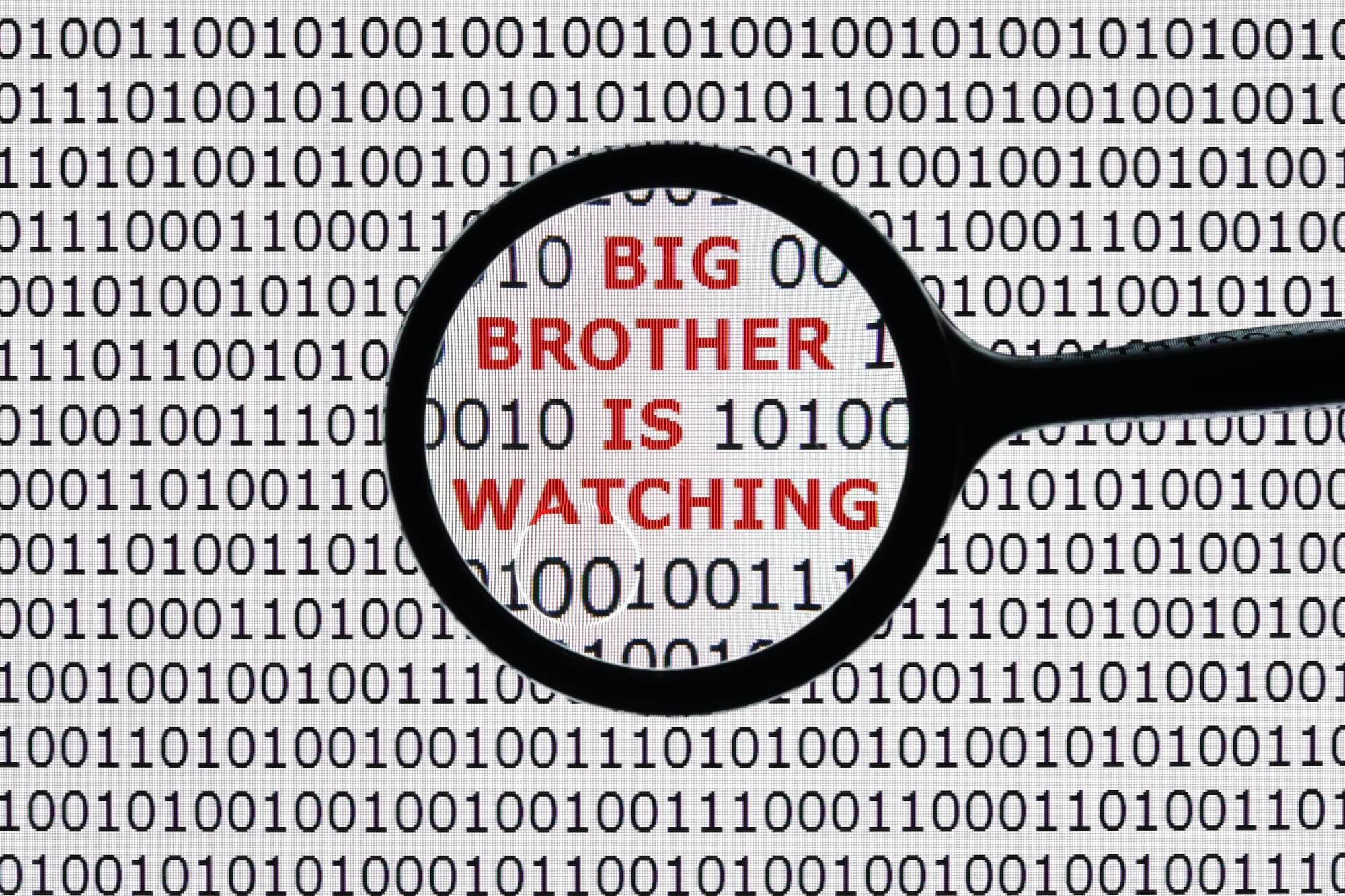In a nutshell: The head of the FBI has warned that without the surveillance powers granted to the agency by Section 702, agents may not be able to stop the next major cyberattack from the likes of Iran or China. Director Christopher Wray says such a scenario would be "absolutely devastating."
Speaking to the Senate Committee on Homeland Security and Governmental Affairs (via The Reg), Wray called Section 702 one of the FBI's most important tools and said it was vital that lawmakers don't allow its authorization to lapse.
Section 702 of the Foreign Intelligence Surveillance Act (FISA) was introduced in 2008 on national security grounds. It allows FBI agents to spy on overseas electronic communications, such as emails, phone calls, and texts.
Wray previously said that virtually all (97%) of the FBI's technical intelligence on malicious cyber actors in the first half of 2023 was obtained via Section 702 searches.
The FISA amendment is set to expire at the end of the year, something that has Wray worried. "…with everything going on in the world, imagine if a foreign terrorist overseas directs an operative to carry out an attack in our own backyard, but we're not able to disrupt it because the FBI's authorities have been so watered down," said the FBI director. "So I'm happy to talk more about all the things the FBI has done to make sure we are good stewards of our vital 702 authorities."
Section 702 has faced plenty of criticism, especially as US persons who may have had contact with overseas targets being surveilled can find their own communications monitored by the FBI.
Back in 2019, a top-secret ruling by the Foreign Intelligence Surveillance Court (FISC) deemed that the FBI had violated the Fourth Amendment rights of tens of thousands of US citizens. Documents showed the feds had inappropriately used Section 702 to gain certifications to search a surveillance database maintained by the National Security Agency. Agents accessed information on US citizens, including emails, phone numbers, and other identifying information.
702 has also been used in thousands of instances to conduct warrantless surveillance on people in the US, including protesters, campaign donors, and elected officials.
While many in Congress are split over Section 702, the Biden administration said letting it expire would be "one of the worst intelligence failures of our time," and is urging lawmakers to reauthorize it without new and operationally damaging restrictions.

